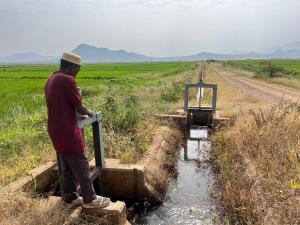Test project Heidi
In the spirit of life long learning
Testproject DM
Welcome to Daniel's testproject
Test project Pesticides and Protection Tanzania
testing out building a project
Beyond Environmental Injustice Research & Teaching Collective

This reseach and teaching collective supports researchers and educators working against environmental injustice in diverse settings, in diverse ways. It is open to all, including students who
pece_annotation_1474159752
maryclare.crochiereLakoff has a PhD in social anthropology and is an associate professor of sociology at the Univeristy of Southern California. Collier in an associate professor of international affairs at the New School in New York. Both authors have extensive backgrounds in studying people, but not disease, so their stance in this paper is not looking at the biological or emergency response aspects, but more how people plan and react to such.
pece_annotation_1474925808
maryclare.crochiereFirst responders share their experiences, how they responded, how they realized there weren't going to be many survivors. Many of them suffered from health issues afterwards. The air was very toxic and led to cancers. It makes you wonder how other safety information is given to first responders. They weren't even doing a rescue mission at the point that asbestos was being hidden in reports, so their lives should not have been risked like that for simply cleaning up rubble. Was it worth it for them to shovel the debris and pull out parts of bodies at that point, while putting their well being and lives at risk? If they had waited a few months for the dust to settle and be cleaned up, would that have saved many of the first responders? Offices in the area and houses nearby weren't inspected until even later. Schools opened as a sign of American strength led to asthma, bronchitis, etc. Are those lives worth the public image?




the rice irrigation scheme, Pare Valley, Tanzania